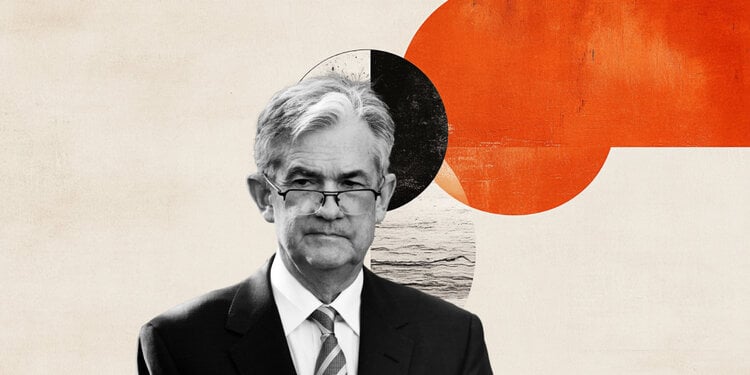Bessent’s call for a Fed review – Commerzbank

It was just a brief dip below the 1.16 mark last week. Early this morning, EUR-USD is trading almost 2 cents higher around 1.1740. As our currency indices indicate (which measure the performance of currencies against the G10 average), the downward movement and now the upward movement can primarily be attributed to the USD side. In contrast, the euro has been trading more or less sideways the entire month, Commerzbank’s Head of FX and Commodity Research Thu Lan Nguyen notes.
Recent rise in EUR/USD risk reversals seems justified
“The US Dollar recovery in the first half of July was likely driven by the so-called ‘TACO trade’ (‘Trump always chickens out’). After all, US President Trump once again postponed the original deadline for the introduction of reciprocal tariffs, undoubtedly to allow more time for negotiating further ‘deals.’ So far, his threats of high tariffs against important trading partners have been nothing more than just that: threats. Little has been implemented. Meanwhile, further ‘deals’ are gradually being announced in which the tariffs are all lower than originally announced. The latest example is Japan, for which a tariff of 15% is to apply instead of the 25% announced a few weeks ago.”
“Clearly, the relentless attacks on the US Federal Reserve by the US administration come into focus. Most recently, it was Treasury Secretary Scott Bessent who lashed out at the Federal Reserve. Notably, the criticism is increasingly centered around non-monetary policy issues. First, it was the renovation costs of the headquarters. Now Bessent mentioned in an interview that the entire Fed as an institution needs to be scrutinized. He sees the Fed’s independence jeopardized, but not by the political influence of the US government, but rather because the Fed is at risk of overstepping its mandate. It smells like the US administration is looking for a loophole to put the Fed under stronger government oversight, with the reasoning ‘we need to ensure they are following their mandate.’ At the same time, they can then use this increased oversight to influence monetary policy.”
“I can well imagine there are areas where the Fed operates in a gray zone – for example, in financial regulatory matters. However, Bessent’s proposal for such a review comes at an extremely suspicious time. Specifically, at a time when the Fed is under massive political pressure to lower interest rates. Even if the review and possible discrepancies were legitimate, they would still leave a certain taste. If the Fed then also starts to aggressively cut its interest rates, alarm bells will start ringing for some investors. The recent rise in EUR/USD risk reversals, indicating a higher USD crash risk from the market’s perspective, seems justified in this context.”

